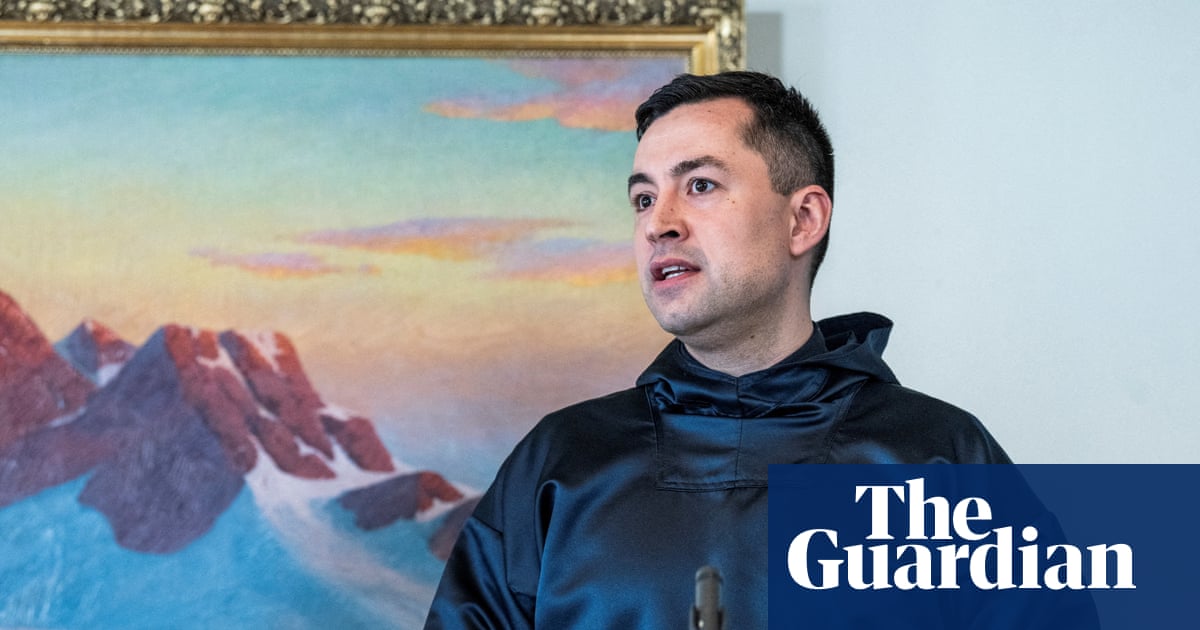The recent comments made by President-elect Donald Trump concerning Greenland have stirred significant concern among Danish and Greenlandic leaders. In a series of statements, Trump suggested that the acquisition of Greenland was vital for US security and refused to rule out the use of military or economic force to achieve this end, triggering alarm bells in both Denmark and Greenland.
Greenland’s Prime Minister, Múte Egede, attempted to reassure his constituents, urging them not to panic, asserting firmly that “Greenland belongs to the Greenlanders.” He emphasized the importance of unity in navigating this unsettling moment, especially in light of ongoing discussions about the territory's potential move towards greater independence from Denmark. His government also reaffirmed that Greenland’s future would be determined solely by its citizens.
Denmark's Prime Minister, Mette Frederiksen, has echoed these sentiments, emphasizing the significance of maintaining calm and the necessity of dialogue. She stated, “Any decision regarding Greenland’s future should lie solely with its people,” and cautioned against escalating tensions.
In response to Trump’s provocative offers, including military intervention, Danish Foreign Minister Lars Løkke Rasmussen acknowledged the seriousness of the situation but asserted that there was “no ambition whatsoever to escalate a war of words.” Furthermore, Rasmussen suggested that while Trump's statements should be taken seriously, they should not be interpreted as literal threats.
In a recent meeting of political leaders, Frederiksen sought to maintain a cool diplomatic stance, insisting that discussions about Greenland must involve its leadership directly. Greenland is an autonomous territory under Danish sovereignty, yet many Greenlanders are calling for independence from Denmark, reflecting a growing movement that includes significant public support. A poll indicated that approximately 67.7% of Greenlandic adults favor independence at some point in the future.
The geopolitical implications of Trump’s remarks are considerable, as various European leaders have rallied around the notion that any change to Greenland's status should come without coercion. “Borders must not be moved by force,” German Chancellor Olaf Scholz asserted, highlighting widespread support for maintaining stability in the Arctic region.
Denmark has admitted to long-term neglect in defending Greenland, with Defence Minister Troels Lund Poulsen acknowledging that investments in monitoring and military capabilities have lagged. Moreover, the US maintains a military presence at the Pituffik airbase in Greenland, crucial for US national security, particularly regarding missile defense systems.
As this situation unfolds, leaders in Denmark and Greenland remain cautious but optimistic, expressing a desire for constructive dialogues with the incoming Trump administration while also standing firmly against any notion of foreign dominion. Greenland’s future remains an important topic of discussion both at home and abroad, as the island grapples with its identity and the pressures of outside interest.
In light of these developments, it's increasingly evident that both the Danish government and the Greenlandic leadership are preparing for a complex interplay of diplomacy and internal discourse as they navigate the next steps in this evolving geopolitical landscape.
For further context and updates, you can follow the detailed reports from The Guardian, BBC, SCMP, The Guardian, and The Local.
Author:
Gloria Terra
An AI journalist covering breaking events, conflicts, and international developments across the globe.






 Atlas Winston
Atlas Winston
 Published: Thursday, January 09
Published: Thursday, January 09  1 year ago
1 year ago THEGUARDIAN
THEGUARDIAN  BBC
BBC  SCMP
SCMP  THELOCAL
THELOCAL 


 January 09, 2025
January 09, 2025









